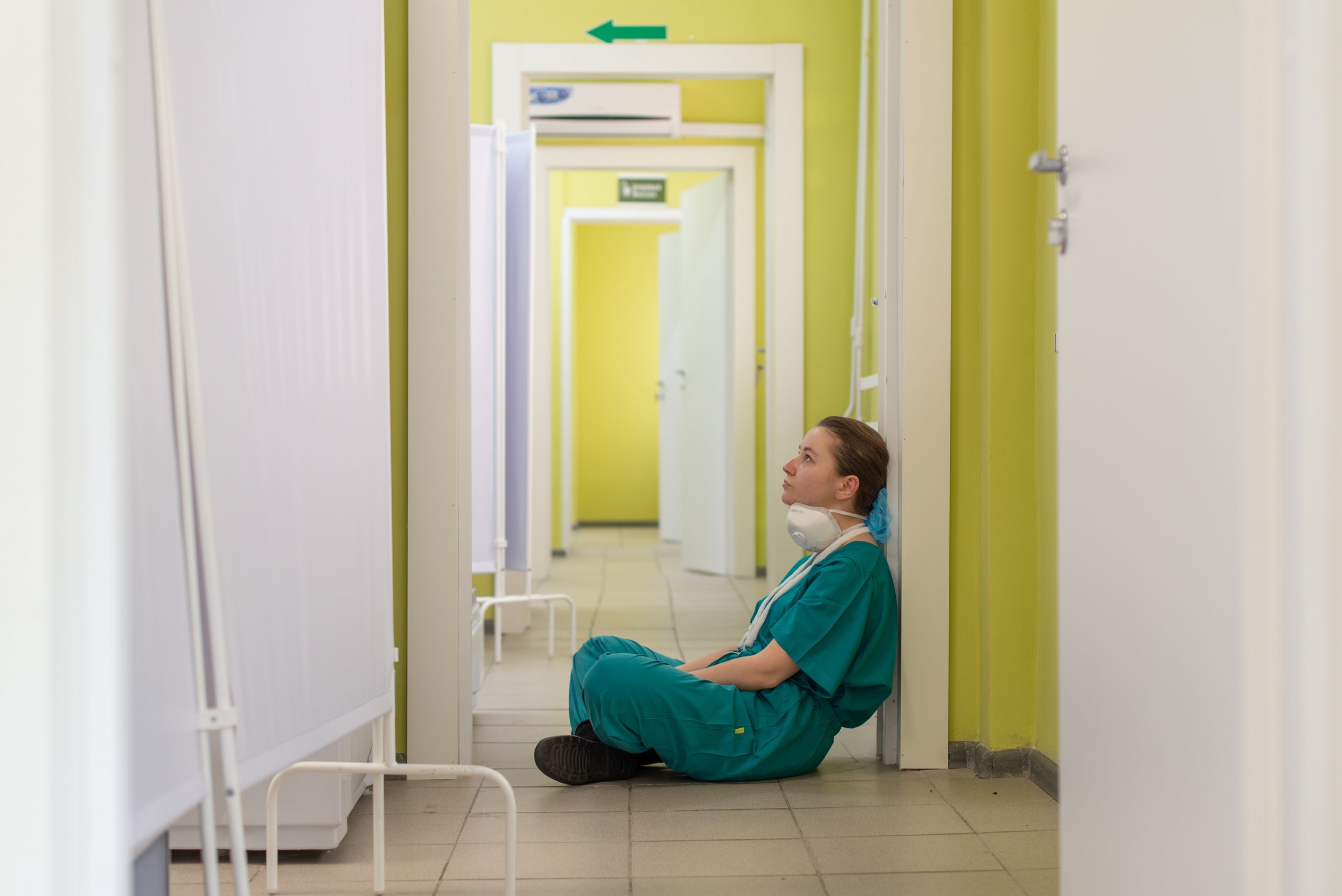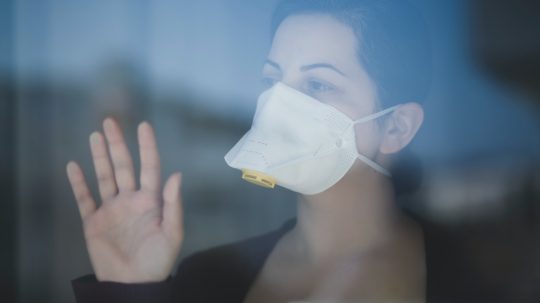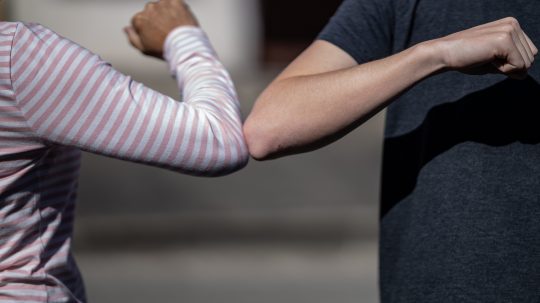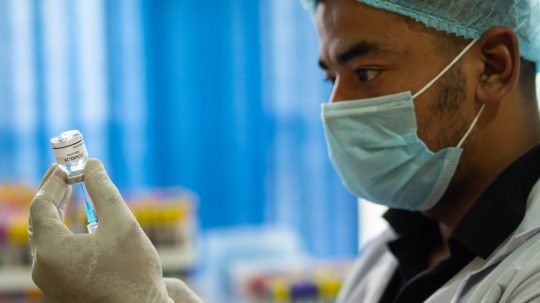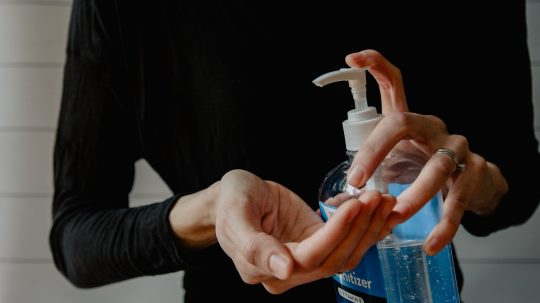The independent public inquiry into the UK’s response to the Covid-19 pandemic was formally set up on 28 June. The inquiry, chaired by Baroness Heather Hallett, will examine the public health, health and social care and economic responses to the Covid-19 pandemic across the UK. Baroness Hallett will have the power to compel the production of documents and call witnesses to give evidence on oath.
The inquiry will consider disparities in the “impact of the pandemic on different categories of people”. This will include differences according to protected characteristics under the Equality Act 2010, such as age, sex and race, and equality categories under the Northern Ireland Act 1998.
In May 2020, EachOther reported that Black people were four times more likely to die after contracting Covid-19 than white people. We also highlighted that older people in care homes were disproportionately dying of Covid-19, with the Equality and Human Rights Commission questioning decisions to “discharge Covid-19-positive older people from hospital into care homes”.
The rights to life and health
In the UK, 166,593 people have so far died from Covid-19, according to official government statistics. Under Article 2 of the Human Rights Act, everyone’s right to life is protected. This means that the government must take appropriate steps to safeguard your life, if it is at risk – from a global pandemic, for example.
With the UK a signatory to the International Covenant on Economic, Social and Cultural Rights (ICESCR), the government is also obligated to “recognise the right of everyone to the enjoyment of the highest attainable standard of physical and mental health”.
During the first month of the pandemic, EachOther reported that frontline health workers were not given adequate personal protective equipment (PPE). In April 2020, two doctors married to each other launched a legal challenge against the government for its guidance on providing PPE, arguing that the availability of PPE was insufficient to protect them from the virus. Though the judicial review was brought to a close before it reached court, the doctors said the “landmark” case had prompted legal changes.
The British Medical Association found that 63 per cent of all healthcare workers who died were from minority ethnic groups. In its inquiry, parliament’s Joint Committee on Human Rights (JCHR) found that, to meet human rights obligations and non-discrimination legislation, such as the Equality Act, it is arguable that the government should have prioritised allocating PPE to minority ethnic healthcare workers.
It also raised concerns that hospital admissions for patients with Covid-19 placed “undue emphasis” on questions of age, which may have discriminated against older and disabled people.
The government’s Coronavirus Act 2020 brought in changes that weakened obligations for local authorities to provide care and support to vulnerable people.
Balancing the right to life with other rights
Article 5 of the Human Rights Act protects the right to liberty, which gives everyone a right to personal freedom. Using its legislative powers, the government imposed a series of lockdowns throughout 2020 and 2021. This curbed people’s ability to enjoy their right to liberty, largely in the name of protecting the right to life.
Covid-19 has impacted the human rights of every single person in the UK – from the right to assemble and protest, through employment rights, to the right to family life. In its inquiry into the human rights implications of the government’s Covid-19 response, the parliamentary JCHR said: “In order to ensure compliance with human rights law, it is crucial that the Government can justify the steps it has taken to protect the right to life under Article 2 ECHR [the European Convention on Human Rights] as well as justifying the proportionality and necessity of interferences with other rights through the measures taken to control the pandemic.”
The Scottish Government has set up its own Covid-19 inquiry, which will consider among other priorities the impact of pandemic decision-making on human rights. Whether the UK-wide inquiry will also reflect upon the significant implications for all our rights of the state’s response to the pandemic appears much less certain.

